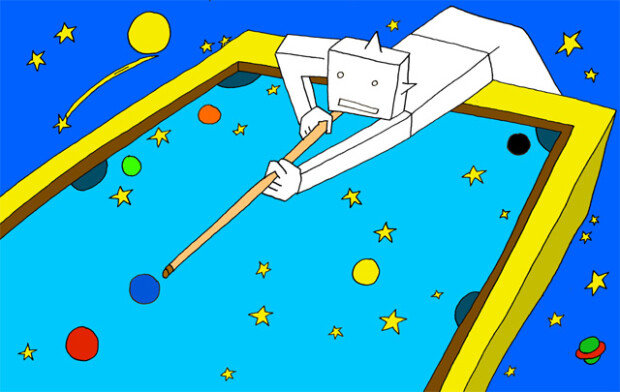Virtue of unnecessary stuff in creating the new
Virtue of unnecessary stuff in creating the new
Posted October. 18, 2019 07:36,
Updated October. 18, 2019 07:36

The Nobel Prize in chemistry this year went to three men who developed lithium-ion batteries. A lithium-ion battery utilizes the chemical energy generated by a reaction called oxidation reduction from the both poles of a battery and turns it into electric energy. As a secondary battery, the lithium-ion battery can be used again by reversing the discharging process.
Such a basic principle of chemistry was established back in 1972. A lithium-ion battery consists of positive pole, negative pole, separation wall, and electrolyte. It is the difference in voltage between the two poles that generates voltage. The three scientists – Professor Stanley Whittingham at the State University of New York, Professor John Goodenough at the University of Texas at Austin and Professor Akira Yoshino at Meijo University – conducted research on the cathode active material as well as the anode active material, the core elements of a lithium-ion battery. Back in 1991, a commercialized lithium-ion battery was introduced by Japanese company Sony. Since then, the battery’s capacity has grown almost by three times. One can only surmise how the batteries will be further advanced and applied in the future. Could we make an accurate prediction as we discovered the existence of electrons?
Currently, a myriad of compounds and chemical blends are being churned out, opening almost infinite possibilities for new discovery. In a way, a scientist is a painter who draws his own piece of work from his palette of chemical elements. What will the future our scientists are drawing look like in the future? It is at once a duty and a mission of scientists to go any length to offer inspire and touch the heart of mankind. It was the movement of minuscule electrons that shaped the smart world we’re living in, and in that vein, the Nobel Prize given to the three chemists should certainly honor the discovery that will prove conducive to improving the wellbeing of mankind.
An invention starts from doing unnecessary stuff, says Nobel laureate Akira Yoshino. Many people take a myopic point of view in leading their life. I am not so different from most as I am busy moving forward every day. If we were to draw any lesson from the professor’s wisecrack, we might start to take a look at the surroundings rather than ourselves.
Headline News
- N. Korea launches cyberattacks on S. Korea's defense companies
- Major university hospital professors consider a day off each week
- Italy suffers from fiscal deficits from ‘Super Bonus’ scheme
- Inter Milan secures 20th Serie A title, surpassing AC Milan
- Ruling and opposition prioritize spending amid tax revenue shortfalls






